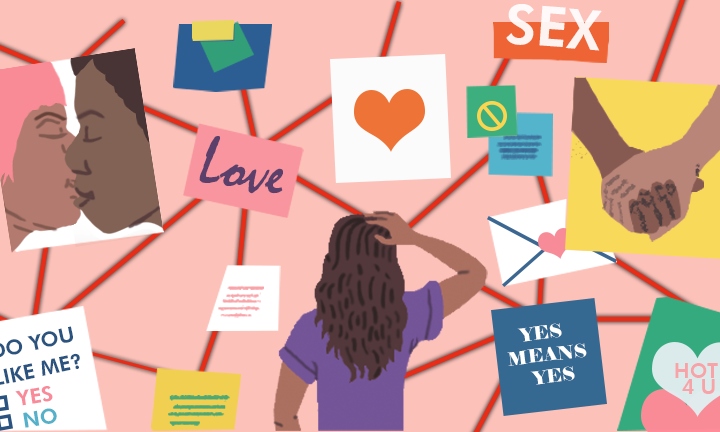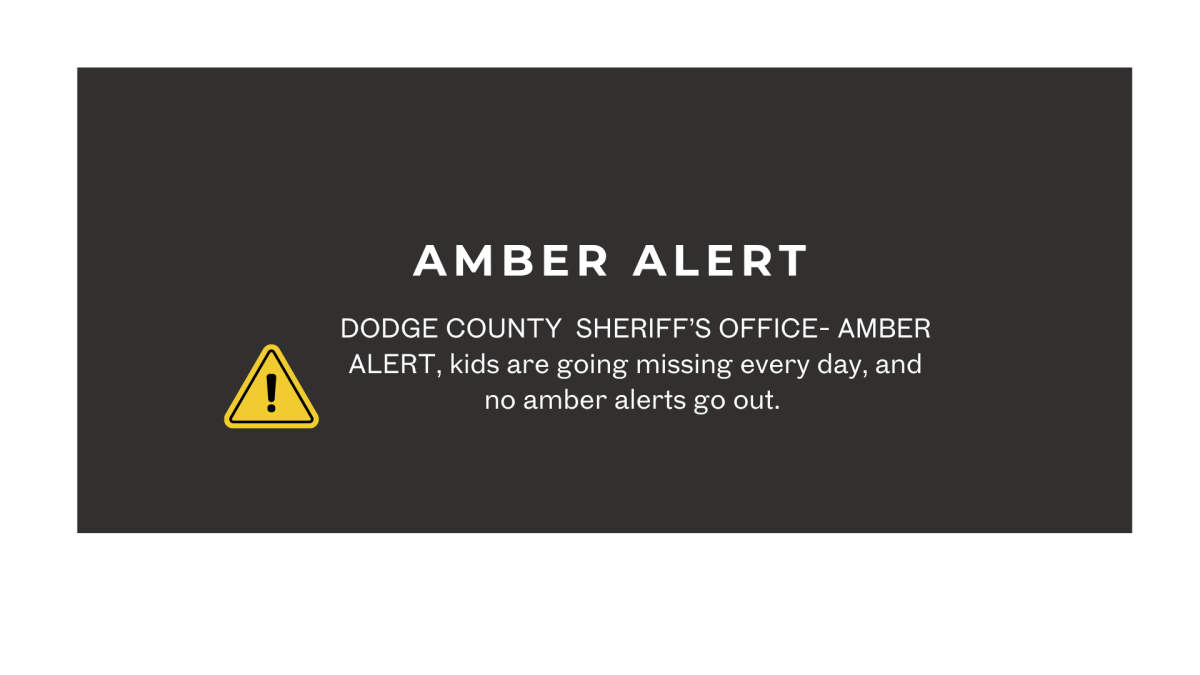Sex education is the teaching and learning about a broad variety of topics related to sex and sexuality, exploring values and beliefs about those topics and gaining the skills that are needed to navigate relationships and manage one’s own sexual health. The curriculum and topics discussed in Sex Education, is not just about sex, which is a huge misconception many tend to think.
Although the topic of sex is discussed within the curriculum, it is something that needs to be discussed with teens due to a few reasons. Most information teens get in today’s time is through social media, friends or unprofessional peers. Having the sex ed. program puts students in a position to learn how to practice safe sex and learn about the consequences, although not all agree.
According to Planned Parenthood, a nonprofit organization that provides reproductive health care in the United States and globally, “Sex Education is designed to help young people gain the information, skills and motivation to make healthy decisions about sex and sexuality throughout their lives.”
Sex Education programs began in the 20th century after World War I due to the skyrocketing spread of sexually transmitted diseases (STDs).
As of right now, the Nebraska Department of Education paused development of these standards on Sept. 3, 2021.
According to The Reader, the first draft of health education standards was released on March 10, 2021 by Nebraska’s State Board of Education.
The standards include the following: teen pregnancy, sexual orientation and language on topics such as gender identity.
Later on Aug. 30, 2021, the board said, “[they] would not pursue approving the standards.”
In an Omaha World Herald report, ‘Why were Nebraska’s sex-ed standards halted? Emails offer behind-the-scenes look’, Sue Greenwald, one of the leaders of the Protect Nebraska Children Coalition said, “I think the process didn’t work because a couple of people took it upon themselves to create these standards to their political will and they didn’t really care what anybody else wanted or thought.”
In agreement with Greenwald, some conservative individuals in positions of power believe it is right to keep teens from the opportunity to learn about diseases, infections, the way to say ‘no’, same-sex couples and many other important topics needing to be discussed.
Even though Fremont High School does not offer any Sex Education programs, there are resources available to help students educate themselves over these subject.
A few teachers that open their doors to any students with questions is Family Science teacher Tiffany Fritzinger-Lopez and senior principle Apryl Beck.
“I think it’s important because students need information and school is all about learning,” Beck said. “They [students] should be given as much information that is available to help them make decisions about their life, especially our older students.”
With all of that being said, schools should have these programs available to all students even though sex discussion is a very controversial topic in a classroom setting.
There are many teens that do not have access to getting information at home.
Schools should be able to step in to educate and look past the controversy of this topic because in the end, school is a place where students should feel free to learn about important matters.


















